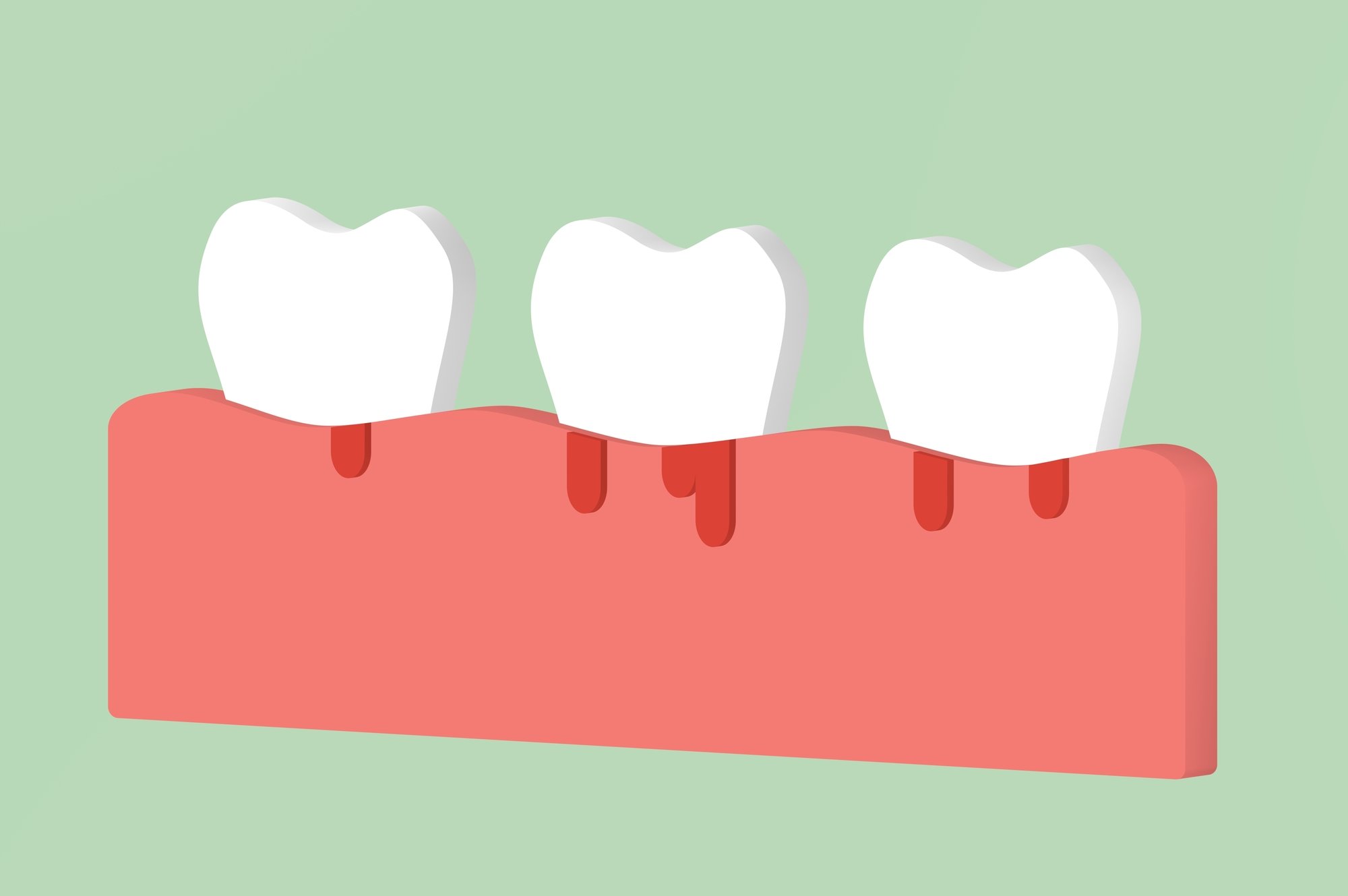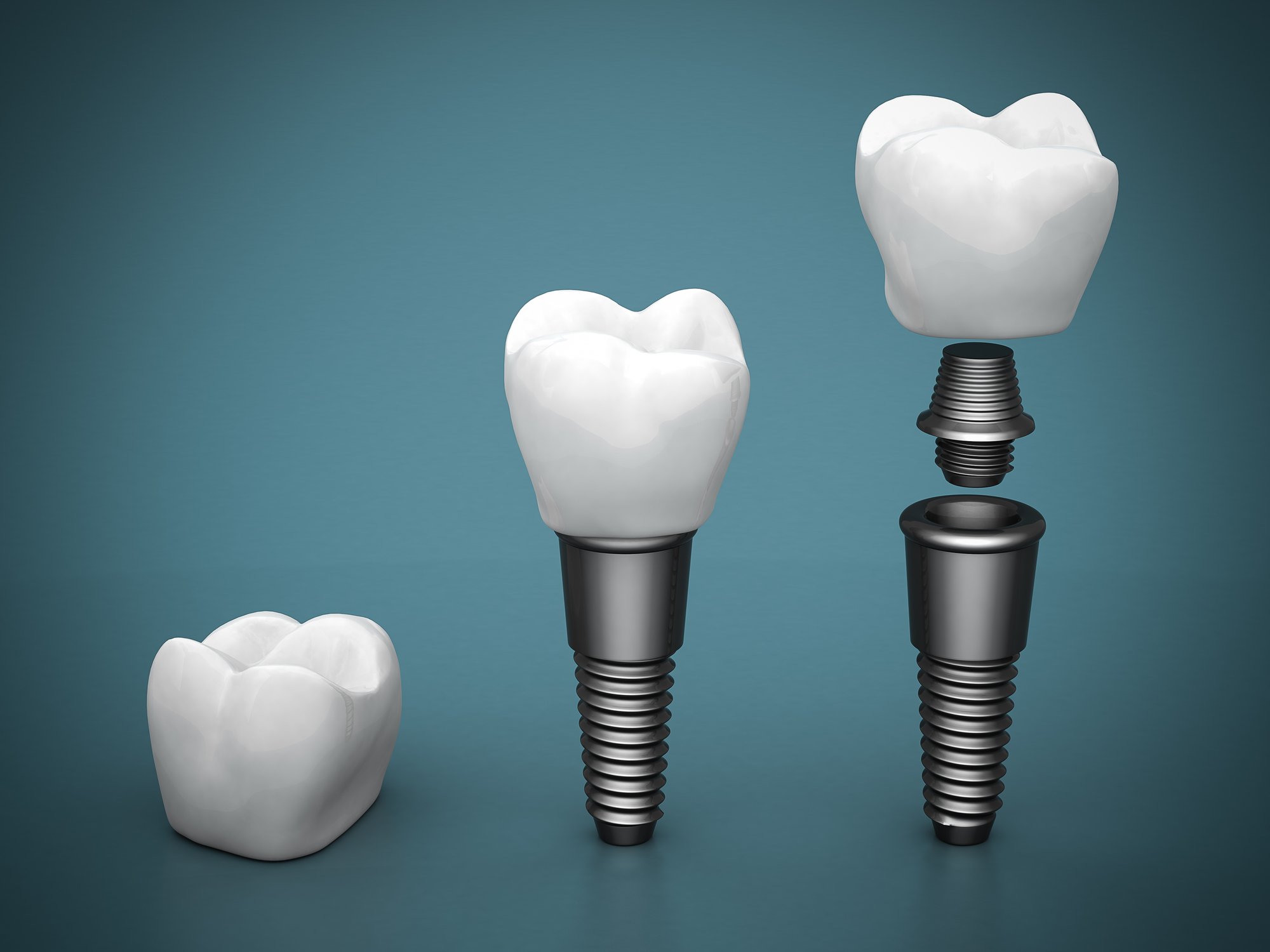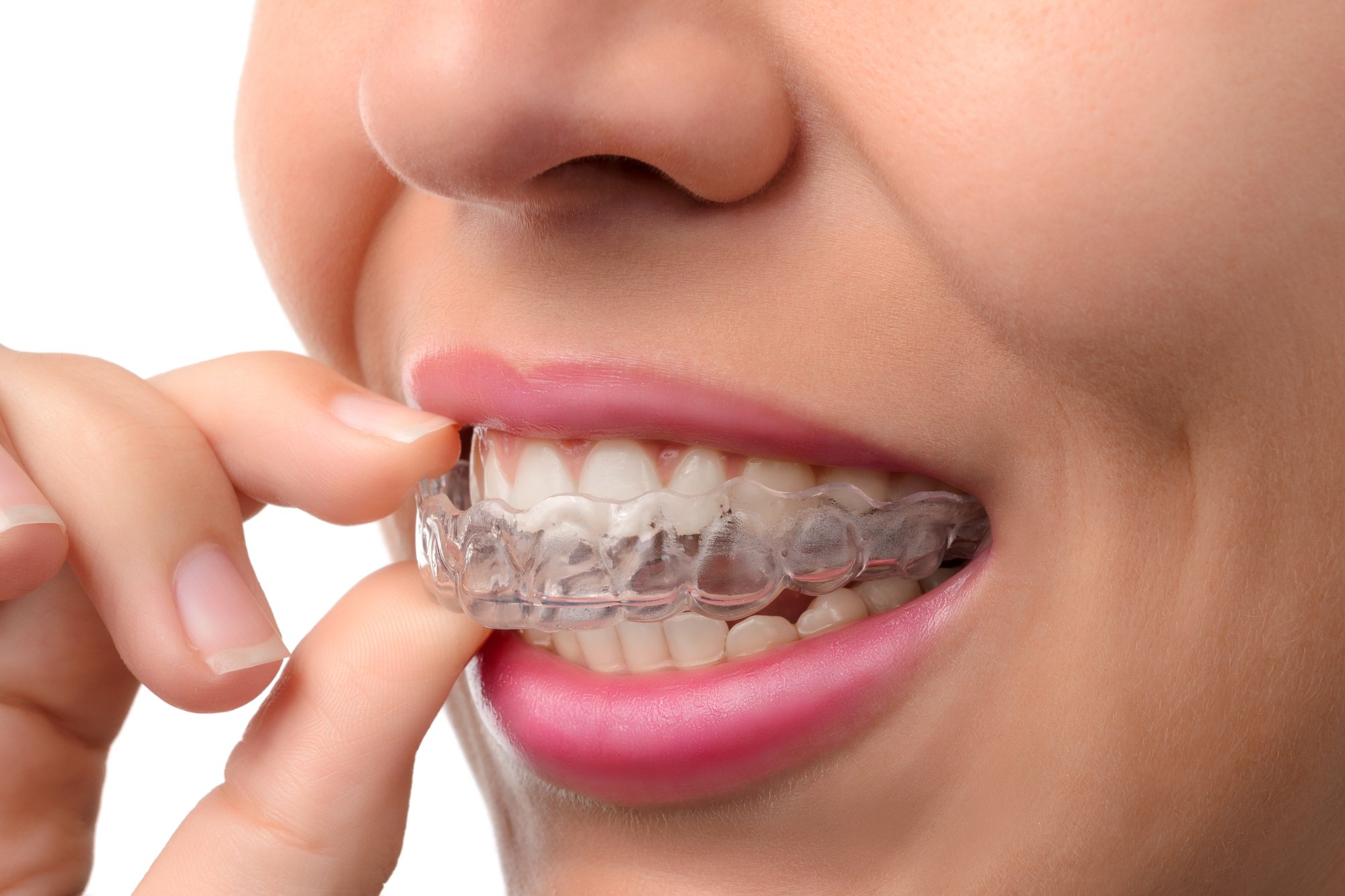
Sometimes a tooth is so badly decayed or damaged that it can’t be repaired with a simple filling. In these cases, a tooth crown may be necessary to restore your oral health, function, and appearance. Our team of dentists at Magic Smiles create custom dental crowns that blend in with your smile for natural results.
If you are considering a dental crown, there are several things you may be wondering. Our team is here to answer your questions and tell you everything you need to know about dental crown treatment.
When is a tooth crown recommended?
Dental crowns may be recommended for a number of reasons. This type of restoration can be used to:
- Repair a decayed tooth
- Strengthen a weakened tooth
- Restore a broken tooth
- Cover cosmetic imperfections, such as chips or stains
- Restore a dental implants
- Protect a tooth that has been treated with root canal therapy
Am I a candidate for a tooth crown?
If you have a decayed or damaged tooth, your dentist may recommend a dental crown. To be eligible for this type of treatment, you must be in good oral health, free from periodontal disease and other serious dental issues. During a consultation at Magic Smiles, your dentist will perform a comprehensive oral examination to ensure that a dental crown is right for you. If you have extensive damage, you may be better suited for alternative treatments, such as an extraction and dental implant. We will recommend the most conservative treatment possible to keep your oral health on track.
Dental Crown Treatment Process
Many patients ask us what to expect when receiving a dental crown. In most cases, the procedure requires at least two office visits. During the first appointment, your dentist will remove a small amount of enamel from the affected tooth. This prepares the tooth so that it can serve as an anchor for your new restoration. Once this step is complete, we will take dental impressions of your smile. These impressions are then sent to our partner dental lab, where a technician will design your crown.
Your final dental crown will be delivered to our office once it is ready. Next, we’ll schedule you for a second visit at our practice. At this appointment, your dentist will try in your new crown to ensure that the fit and color are correct. After making some minor adjustments, your new tooth crown will be permanently cemented into place.
Dental Crown Recovery
After having a tooth crown placed, you may notice some slight, temporary sensitivity. These side effects are normal and should subside in a few days. Most patients can resume normal activity and function the same day.
Though the area may be slightly tender, be sure to keep it clean. Brush and floss normally, and use an antibacterial rinse to reduce the risk of complications.
Preserving Your New Smile
To keep your new dental crown looking and feeling its best, you’ll need to follow the recommendations set forth by the Magic Smiles team. For example:
- Practice good oral hygiene.
- Avoid sticky or hard foods.
- Wear a night guard if you grind your teeth.
- Visit your dentist regularly.
Learn more about tooth crowns at Magic Smiles.
If you think you may need a tooth crown, schedule a visit at our Coffs Harbour dental office, also serving Woolgoolga. Contact us online anytime.







Recent Comments